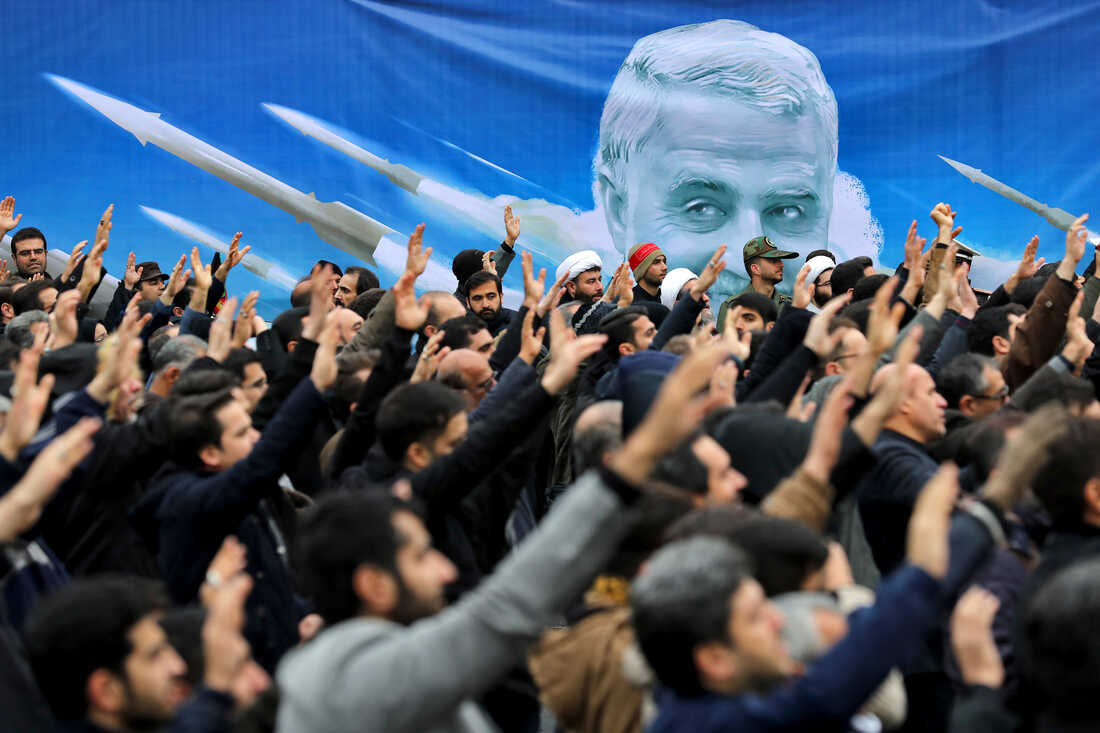Top 5 Global Events This Week That Are Shaping the World
Introduction: A Week That Defined Global Directions
Each week brings headlines that shape the course of history, but some moments carry more weight than others. In mid-June 2025, we’re witnessing developments that span conflict, diplomacy, protests, security, and human rights — all unfolding with profound consequences. From shifting alliances to mass uprisings, these events are not just dominating the news cycle — they’re actively reshaping international dynamics and national policies.
Here are the top 5 global events this week that are impacting the world and why they matter.
1. Escalating Israel–Iran Conflict Raises Fears of Regional War
Tensions between Israel and Iran have reached a boiling point. Following the reported death of senior Iranian Quds Force commander Saeed Izadi in an Israeli strike, Iran retaliated with missile attacks on Israeli positions. Though Israel’s Iron Dome intercepted most of the projectiles, civilian areas were hit, raising alarms across the Middle East.
Global leaders — including those from the UN and European Union — have issued urgent calls for de-escalation, warning of the consequences of a full-scale war.
Why It Matters
This confrontation could spiral into a broader regional war, dragging in allies like the United States and Saudi Arabia. Global oil prices have already begun to spike, and diplomatic channels are under immense pressure. This conflict also highlights the fragile balance in the region — and how quickly it can unravel.
2. NATO Prepares for Strategic Pivot at The Hague Summit
NATO member states are convening at a high-stakes summit in The Hague. Led by newly appointed Secretary General Mark Rutte, the alliance is discussing defense spending, cybersecurity coordination, and collective responses to regional threats — particularly in Eastern Europe and the Middle East.
The summit’s agenda also includes contingency planning for AI-driven military systems and discussions about NATO’s role in the Indo-Pacific region.
Why It Matters
NATO’s new focus signals a shift from Cold War-style deterrence to a more tech-driven, multi-domain strategy. Decisions made here will define military priorities for years to come and could significantly increase defense budgets across member nations.
3. Massive Protests Rock Los Angeles Amid Immigration Crackdown
In the U.S., Los Angeles has erupted into protests following a series of ICE-led immigration raids across California. What began as peaceful demonstrations quickly escalated into confrontations, resulting in hundreds of arrests and numerous injuries. The California National Guard was deployed, while the state’s governor has filed a lawsuit challenging the legality of the federal intervention.
The Pentagon’s involvement has added further political tension, raising questions about civil liberties and states’ rights.
Why It Matters
This isn’t just about California. The unrest could influence immigration policy nationwide and has become a focal point in the lead-up to the 2026 midterm elections. The political divide on federal authority and immigration enforcement has deepened — with potential ripple effects on governance and law enforcement norms.
4. G7 Summit in Canada Confronts Global Crisis Matrix
Leaders from the world’s major economies met this week in Kananaskis, Canada, for the annual G7 Summit. The conference focused heavily on global security, AI governance, Middle East stability, and support for Ukraine. Unified sanctions against foreign actors suspected of cyberwarfare and misinformation campaigns were announced, along with renewed economic aid to Kyiv.
The group also called for peaceful resolution in the Israel–Iran conflict and issued a joint statement emphasizing the importance of a stable Indo-Pacific region.
Why It Matters
The G7’s consensus marks a strong multilateral stance on issues ranging from war to technology. The summit’s outcomes will guide diplomatic and financial decisions across the West. Its emphasis on cybersecurity, generative AI policy, and global conflict response reflects the new face of diplomacy in a connected world.
5. World Refugee Day 2025: UN Highlights Crisis Facing 123 Million Displaced
June 20 marked World Refugee Day, and this year’s theme — “Solidarity with Refugees” — brought urgent attention to the ongoing global displacement crisis. The UNHCR reports a record 123 million people forcibly displaced due to war, climate disasters, and political persecution.
Campaigns this week highlighted gaps in international refugee protection and healthcare access, especially in conflict-affected regions like Sudan, Gaza, and Myanmar.
Why It Matters
The refugee crisis is not just a humanitarian issue — it’s a geopolitical one. Host nations face social and economic strain, while unaddressed displacement often leads to political instability and regional tensions. The growing number of climate refugees also adds urgency to both environmental and migration policies.
Common Threads Connecting These Events
What ties these five developments together is a global atmosphere of uncertainty and transition. Whether it’s military tension in the Middle East, shifts in Western defense strategy, internal unrest in democratic nations, or humanitarian emergencies, these events reflect:
- A world grappling with overlapping crises
- A need for coordinated policy responses
- The challenge of governing in a hyperconnected, volatile era
What to Watch in the Coming Days
- Diplomatic fallout from the Israel–Iran conflict
- NATO’s final resolutions on military tech and defense spending
- Possible spread of U.S. protests to other states
- Implementation of G7’s AI and cybersecurity directives
- Commitments made by nations in response to refugee migration needs
Final Thoughts: A World in Motion
We’re living through an era where a single event in one corner of the globe can ripple across borders, economies, and societies. What happens next will depend on how world leaders, institutions, and civil societies respond — not just in statements, but in action.
Understanding these global events isn’t just for policymakers or analysts. It’s essential for anyone who wants to stay informed, responsible, and connected in an increasingly interdependent world.






